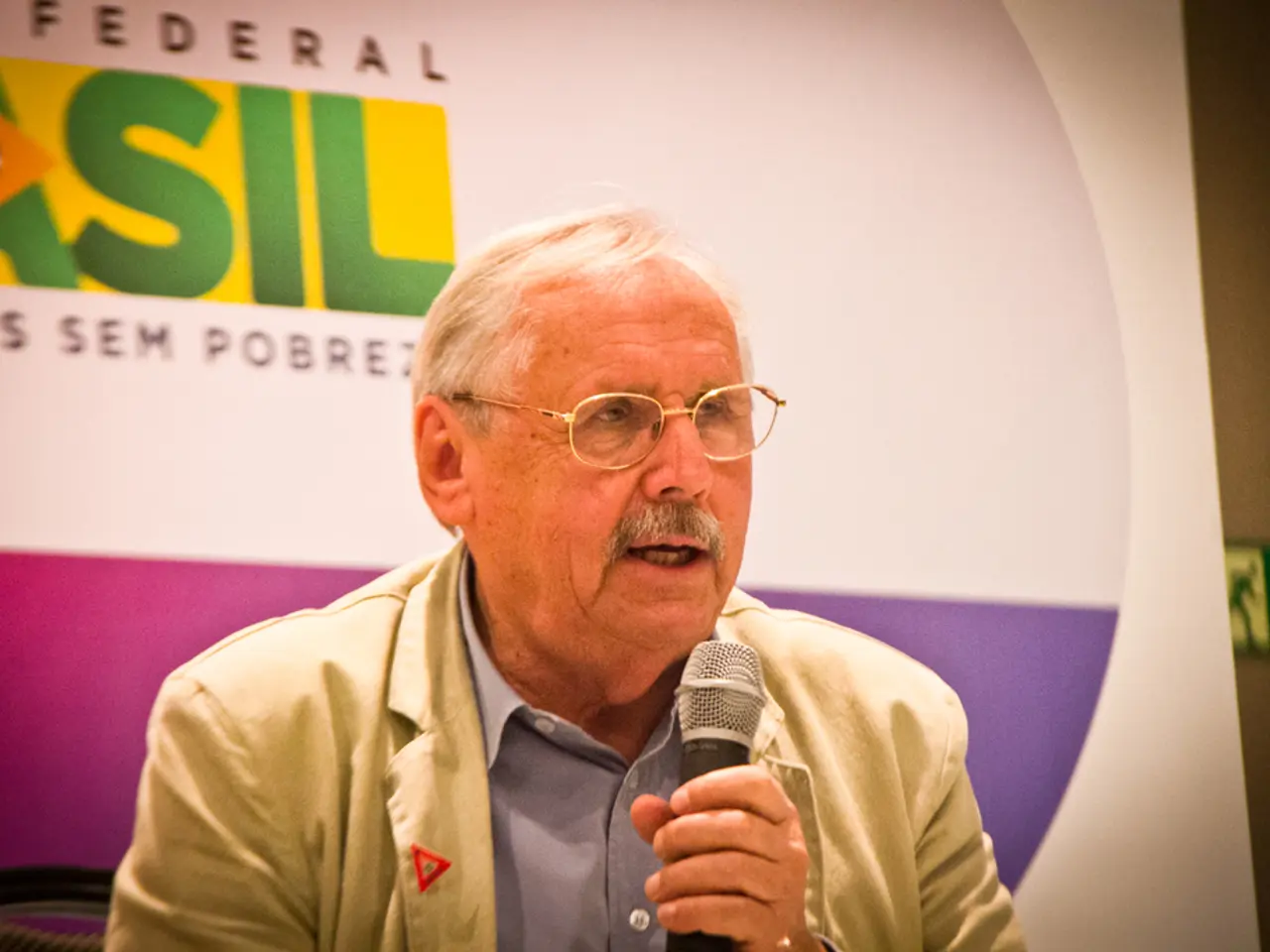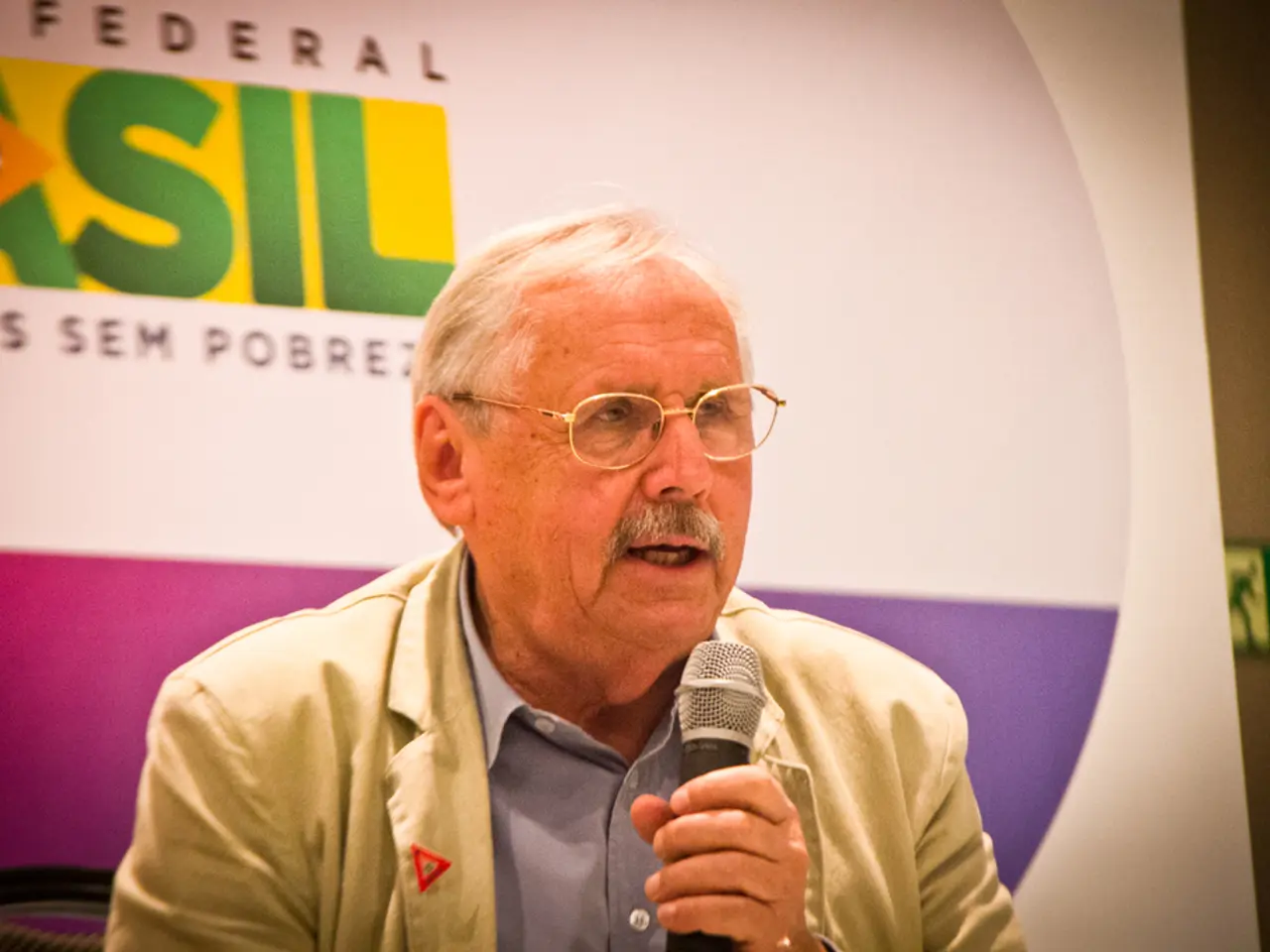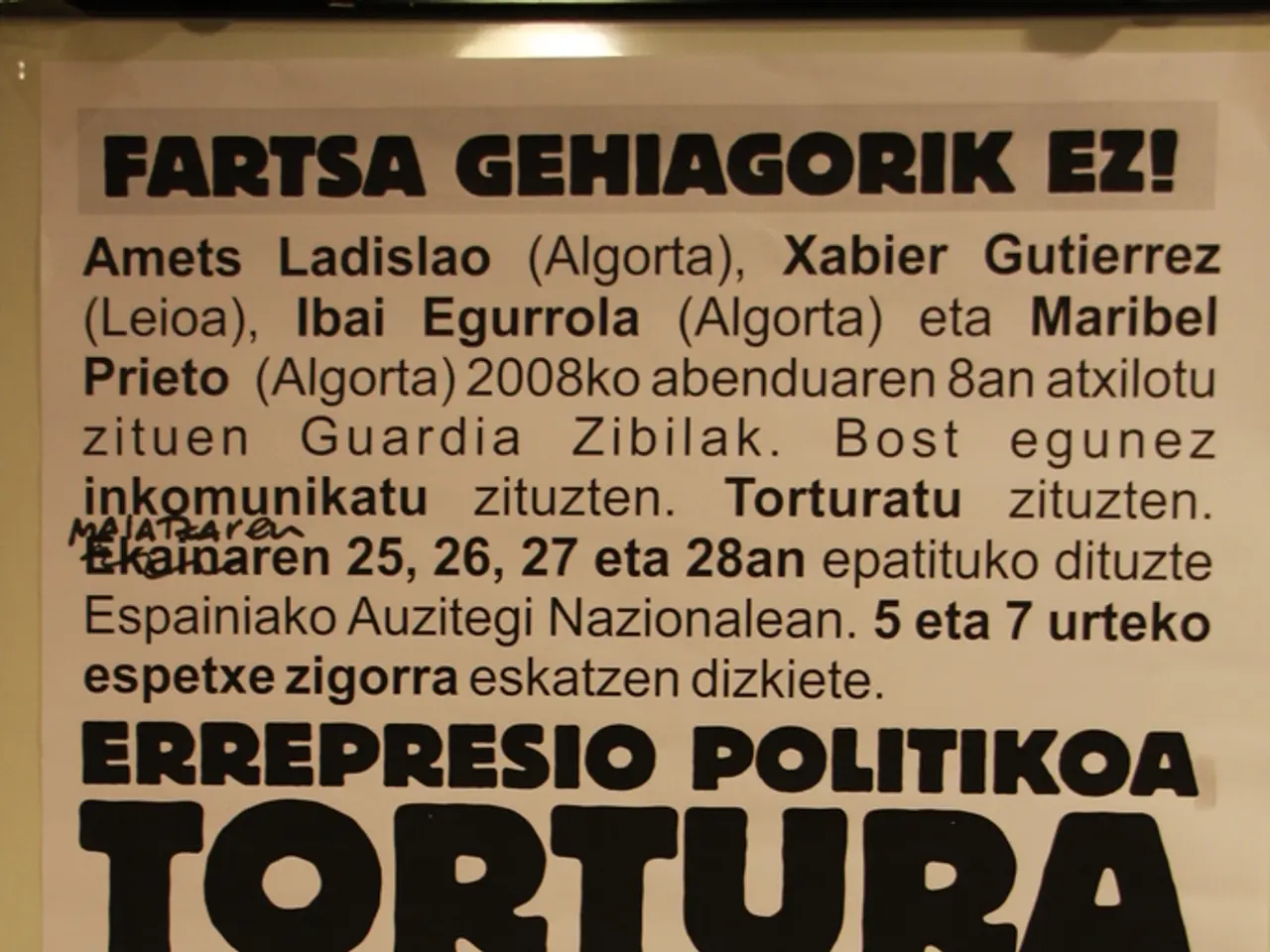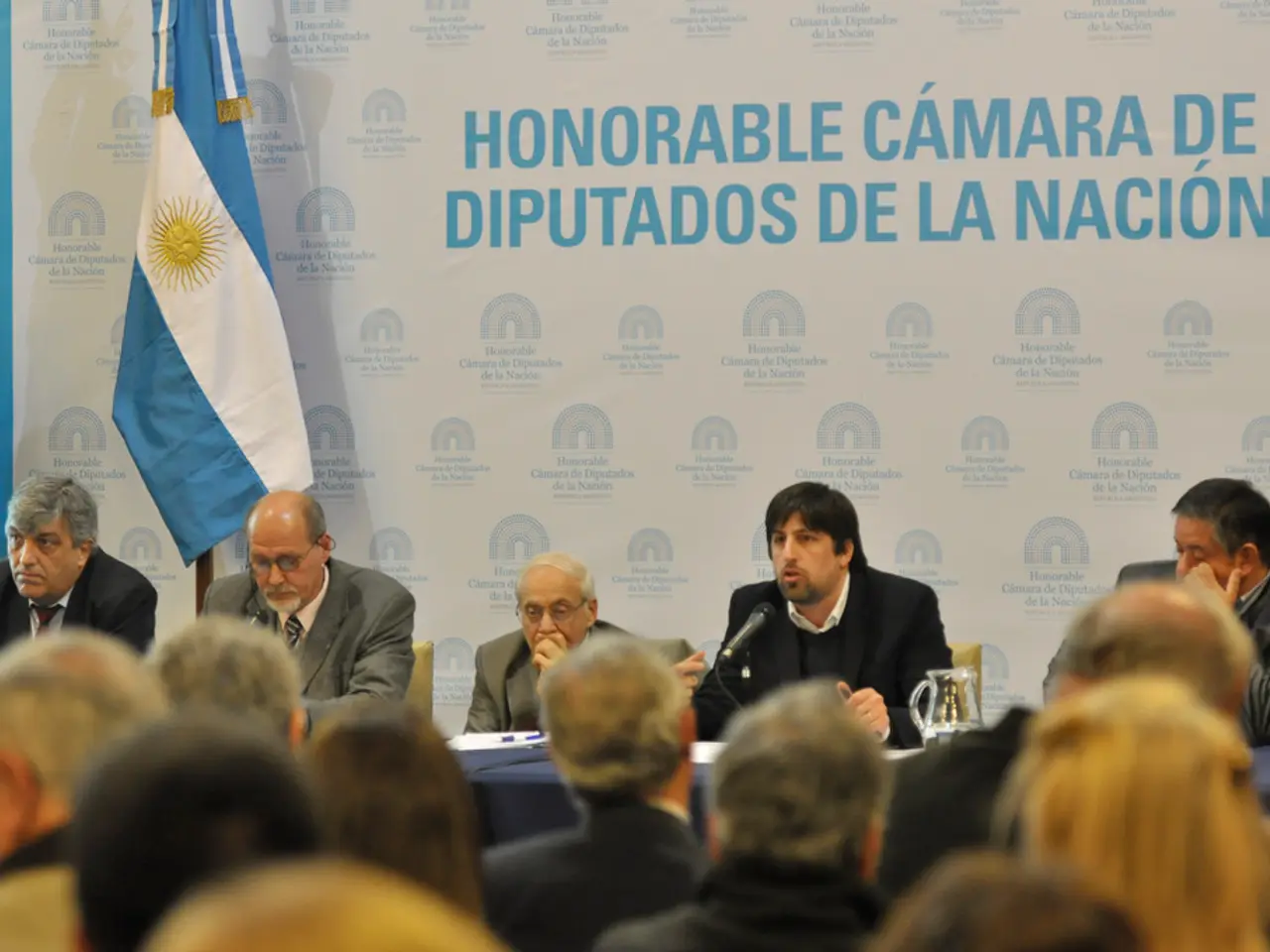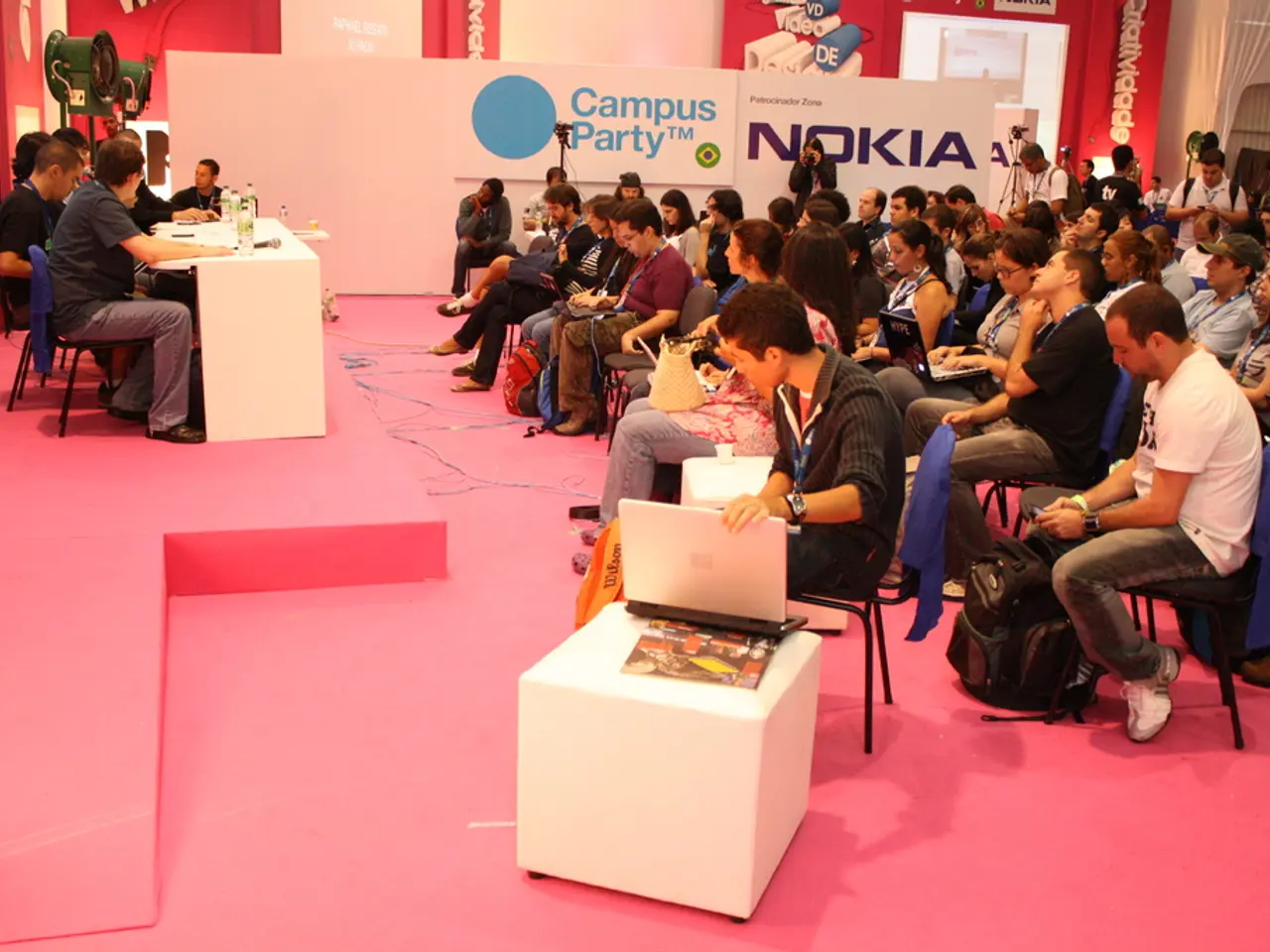Controversy Surrounds Potential Pardon for Cho Kuk, Posing Double Dilemma for Lee
In South Korea, President Lee Jae Myung's decision to pardon Cho Kuk, the former justice minister convicted and imprisoned for academic fraud and abuse of power, has ignited a political and societal storm. The pardon, which restores Cho's political rights, has been met with both support and opposition, reflecting a deep division within the nation.
Supporters, primarily from the ruling Democratic Party of Korea (DPK), view the pardon as a correction of excessive and politically motivated prosecution. They argue that Cho was scapegoated and the punishment was disproportionate, especially given his outspoken opposition to the previous conservative administration. The DPK sees this pardon as a step towards unifying liberal supporters and advancing judicial reform efforts.
On the other hand, opposition conservatives and civic groups condemn the pardon as an affront to justice and fairness. They accuse President Lee of abusing presidential authority by pardoning a figure convicted of undermining educational fairness, a highly sensitive issue in South Korea's competitive academic culture. Critics also fear that the pardon could deepen political divisions rather than fostering unity, given Cho’s controversial background and past scandals.
Politically, the pardon is seen as part of President Lee's strategy to consolidate support among liberal factions. It also symbolically counters the previous administration’s crackdown on liberal figures. However, this move risks igniting new political fault lines and backlash from conservatives, who have vowed continued opposition to Lee’s governance, framing the pardon as emblematic of political favoritism and erosion of public trust.
Cho served a two-year prison term after the Supreme Court upheld his conviction on charges of academic fraud involving his children and unlawful interference in a government inspection. A poll suggests that the public sentiment does not lean clearly for or against pardoning Cho Kuk, with 48% supporting the special pardon and 47.6% opposing it.
The final decision regarding Cho Kuk's pardon lies with President Lee, but his potential decision has already sparked a significant backlash. The pardon of Cho Kuk highlights a sharp political and societal divide: it is hailed by liberals as justice and reform, but denounced by conservatives and some civil groups as undermining fairness and accountability, indicating complex and ongoing tensions in South Korean politics.
Policy-and-legislation debate ensued as South Korea's President Lee Jae Myung considered the pardon for Cho Kuk, with some advocating for it as a correction of excessive prosecution against a vocal critic of the conservative administration, while others denounced it as an affront to justice that undermines fairness and accountability in the nation's politics. General-news outlets reported a poll suggesting that public sentiment on the issue remains divided, with nearly equal support and opposition.
